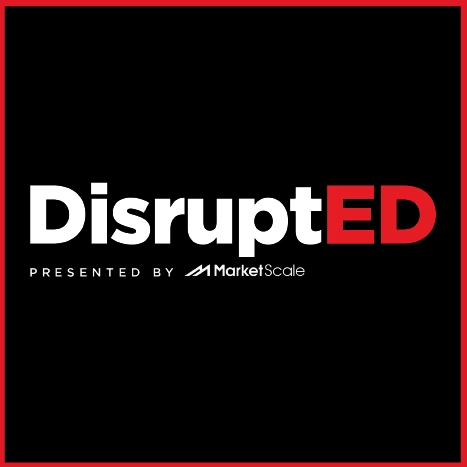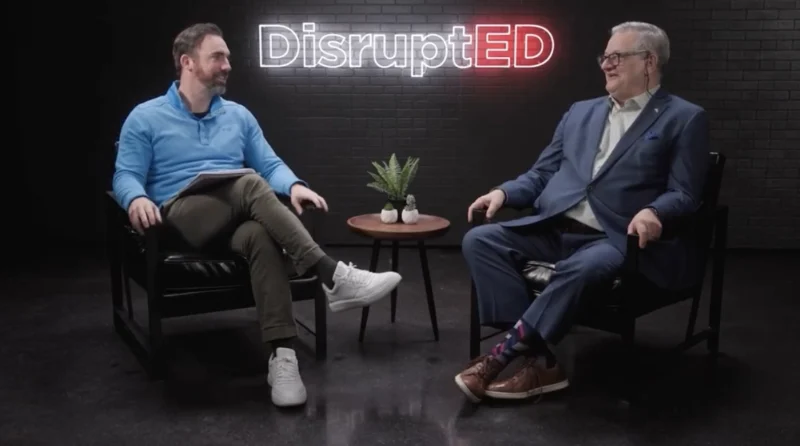Debt and Inflation is Disrupting Higher Education, Shifting the Tide in Confidence and College Enrollment
Even in a fast-paced world powered by 5G, AI, and global interdependence, there is still one institution that remains central to the dreams of many: higher education. However, despite technological advancements promising greater access to knowledge, there’s a pressing question: Is the traditional model of higher ed meeting the needs of today’s diverse, digital, and debt-laden students? According to a recent Gallup poll from July of this year, only 36 percent of Americans have strong confidence in higher ed, which is down from the previous 48 percent in 2018.
So, what’s driving this decline in confidence, and what does the future of higher education look like?
For the latest episode of “DisruptEd,” host Ron J. Stefanski sparked an enlightening conversation about the subject with Geordie Hyland, the President and CEO of the American College of Education. Hyland shared his perspective on the transformative shifts happening in the realm of modern education, and the way it’s impacting how potential and current students view their futures given rising costs and student loan debts.
Stefanski and Hyland also talked about:
- The staggering increase in student debt and its profound societal implications.
- The inflation in tuition fees versus the perceived value of a degree.
- The challenge of aligning higher ed with real-world job opportunities.
Geordie Hyland is the President and CEO of the American College of Education. As a tech-savvy educator with a legacy of disruption, Hyland’s journey into the education sector is rooted in a family tradition of valuing education. He worked at Google before entering the education field. Hyland is a big champion for creating accessible, affordable, and relevant higher ed, and in his role, he dedicates efforts to serve adult learners with online programs.
Article written by Alexandra Simon.




